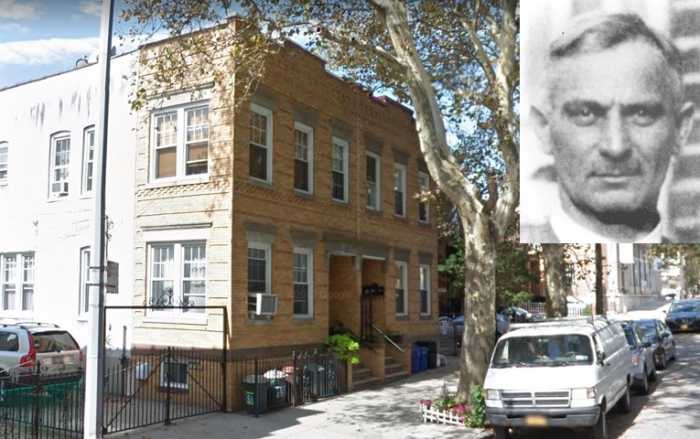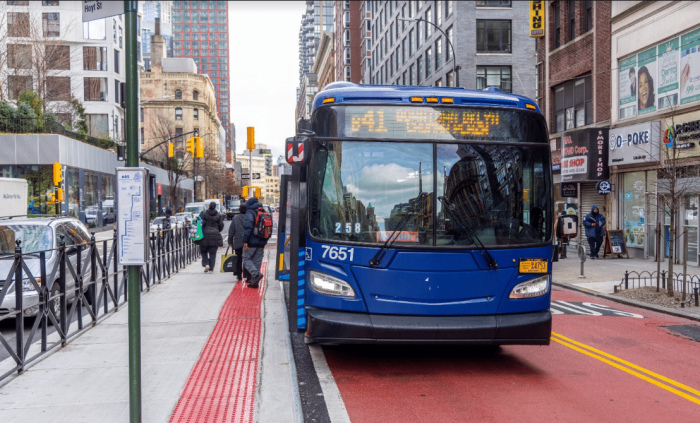BY BENJAMIN MANDILE
April showers brings May flowers, but for high school students around the country, spring also brings SAT and ACT testing, college visits and plans for the future — all of which are up in the air as the COVID-19 pandemic continues to bring uncertainty to a number of aspects of life.
Dr. Wilfred van Gorp, a Manhattan-based neuropsychologist, who runs a cognitive assessment group, said that the majority of teenagers scheduling examinations for testing accommodations are taking a pause.
This pause, which will in turn create a rush in scheduling will cause a backlog among the providers, he said.
Some of these patients coming to him for accommodation testing are seeking help taking the SAT and ACT exams, college placement examinations used for entrance into many U.S. colleges and universities.
This year, as a result of the pandemic, some colleges have waived these standardized tests as an entrance requirement, but others will still require scores from them.
“It’s put the applicant in an odd position,” van Gorp said.
Students applying to multiple schools may be facing different expectations about the standardized tests. Some of their applications may require scores to be sent, while others will exempt this year’s applicant pool, causing confusion among the students.
Van Gorp said that preparing for these tests has a certain “tempo” to the process, which can be thrown off by being unsure of when testing will be held. This will lead to students not knowing when to effectively study to be at their peak performance.
The next rounds of SAT and ACT exams are currently scheduled for June 6 and June 13, respectively, according to sources familiar with the tests.
These dates are subject to change as the pandemic rages on with all 50 U.S. states, District of Columbia, Puerto Rico, Guam, the Northern Mariana Islands and the U.S. Virgin Islands all experiencing cases of COVID-19.
The May 2 SAT has been cancelled nationwide and the ACT’s April 4 national test has been rescheduled to June 13.
Of the approximately 246,000 students in Queens schools, approximately 26,000 are potentially taking the college entrance exams.
“Show me one that hasn’t been affected,” he said about students’ lives being changed by the pandemic.
Students needing testing accommodation approval are facing an impending swamp to wade through.Most testing agencies require six weeks to review accommodation testing scores from providers and it takes about three weeks for doctors to complete their part of the test, creating a wait of about 9 weeks for accommodation approvals.
This uncertainty is bound to impact students in more ways than not knowing when they’ll sit for entrance tests. The uncertainty will make people anxious which can have long-term impacts. Preparing to take tests such as the LSAT or MCAT later in life could “re-traumatize” the individual, van Gorp said.
The pandemic’s effects go beyond entrance exam testing; for others who have already applied, the impacts of hearing back from colleges can have its own consequences.
“Far more now than ever before, my students are getting some of the best and worst news of their career while sitting alone at home,” said Emily Balcetis, an associate professor of psychology at New York University, and author of Clearer, Closer, Better: How Successful People See the World. “I get emails from my students telling where they’ve heard back from, and regardless of whether the news is exciting or disappointing, I want to hug them, but I can’t. Not being able to get and give that kind of social support is really challenging.



































